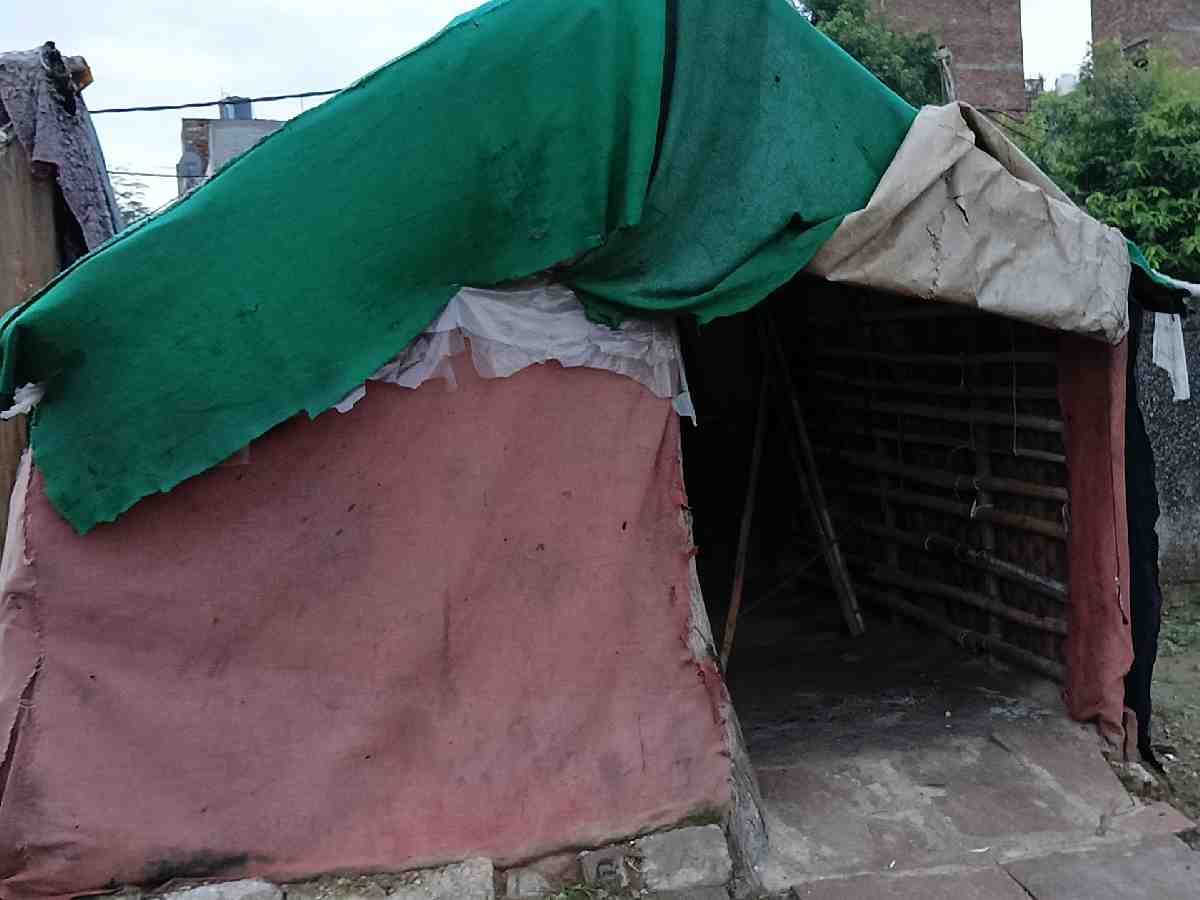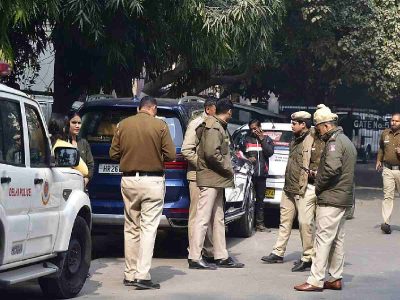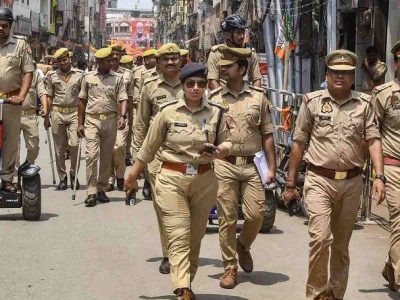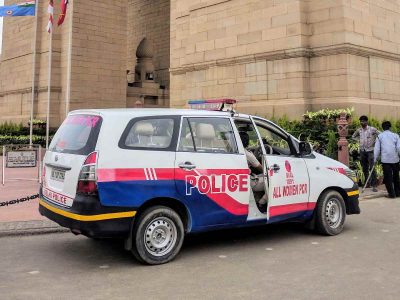Straddling through his dingy one-room ground-floor house, a slender man pulled his daughter inside, making his way toward the door. He stood trembling as his eyes wandered in multiple directions, trying to distinguish fact from fiction. Still in disbelief over the horror that occurred in his quaint resettlement colony, his legs finally gave way. “I am tired of speaking about my daughter,” the man said.
Currently, his daughter is being cared for by an NGO as she recovers in the hospital. The frail man, with his voice trembling, is relieved that his daughter is receiving better care than he could provide. “She is now under the supervision of the NGO. I cannot provide her with the care she needs. I am ailing myself,” he said. The man has been suffering from lung cancer for some time.
The man’s 12-year-old daughter was allegedly sexually assaulted and raped by a 52-year-old man, identified as Sharif, who used to tend to the graveyard at the Savda Ghera Jhuggi Jhopdi colony in Delhi. On August 27, the 12-year-old survivor fell ill and informed her siblings about the incident, which led the family to contact the police.
Sharif was arrested from the graveyard on August 27, a day after the girl was raped, police said. He has been charged under Section 64(rape) of the Bharatiya Nyaya Sanhita and sections of the Protection of Children from Sexual Offences (POCSO) Act
According to the police, the fraudulent occultist lured the girl to the graveyard by claiming that performing certain rituals would help improve her father’s health, who had been suffering from a chronic lung disease. In her statement, the girl said Sharif had come to their house in the morning and asked her father to send her to pick up some groceries and then go to the graveyard. The occultist claimed this would help cure her father’s health. Thus, she went to the market first and then headed to the graveyard as directed.
Also Read: Delhi: Months after GTB shooting, hospitals remain vulnerable to violence
At the graveyard, the accused reportedly began by taking a few cloves and circling them around the girl. He then instructed her to light incense sticks at a nearby grave. “The man then took the girl to the back of the graveyard and raped her,” said an officer associated with the case.
The suspect allegedly threatened the girl not to inform anyone, otherwise, her father would die, and handed her Rs 51 to help conceal the information.
Scared for her father’s deteriorating health, the survivor did not tell anyone, though her genitalia started bleeding, and the condition worsened the following day.
JJ colony residents, Aslam and Shahrukh, claimed to have seen the accused walking away from the graveyard when the survivor emerged from the area. “Her legs were trembling, and I could see that she was crying while crossing from the graveyard to the street. I saw that she was bleeding from the lower body. I asked her if she was fine; she just nodded and hurried home,” said Aslam.
Currently, Aslam has taken over the duty of maintaining the graveyard. “Sharif used to tell me that he could talk to ghosts, but all of that is just hogwash now,” he said.

The resettlement colony is home to people from various regions, including Uttar Pradesh, Jharkhand, Bihar, and West Bengal, who have come together in this shanty town to find a sense of belonging in the national capital. Sharif was one of them when he arrived at the JJ cluster over a decade ago and worked as a daily wage labourer. Within a couple of months, he began working as the caretaker of the graveyard.
Residing inside a makeshift hut at the site, his house now holds a steel trunk, a mirror, and a couple of clothes, along with broken wooden sticks that residents used to beat him after the incident came to light.
“It is not a one-off situation. There have been multiple murders in this area as well. Anyone can go into the graveyard and commit crimes because there is no wall to limit entry or exit, especially for delinquents,” said Shahrukh.
The residents, however, feel betrayed since they had put all their faith in Sharif. He made a living through the charity and alms provided by them and other societies needing graveyard services.
“It feels like a kick in the gut since all of us trusted him. I hope he never returns,” said Jabir.





